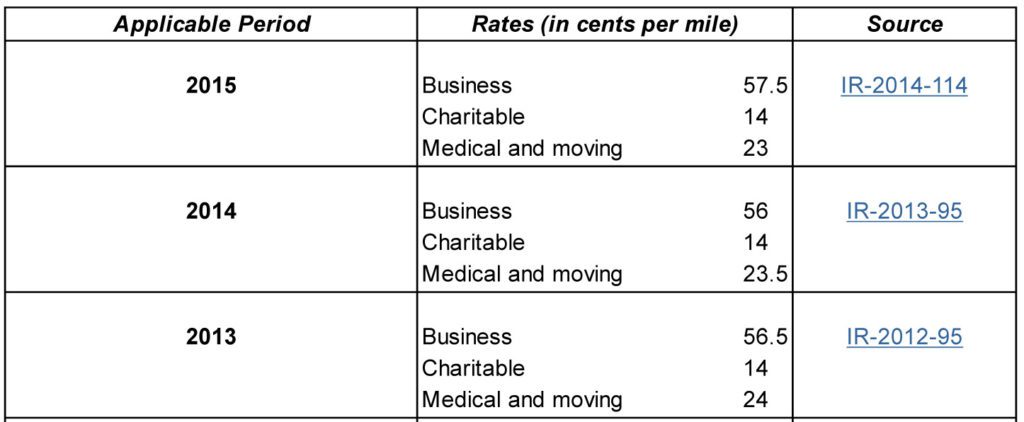When it comes to hiring family members into your business, entrepreneurs need to be aware of the employment tax implications.
In this article, we’ll list employment tax considerations when hiring parents or children, helping you make informed decisions for your business.
Child works for parent:
If a child works for a parent’s sole proprietorship or partnership where both partners are the child’s parents, the following tax considerations apply:
-
- Payments for a child’s services are subject to income tax withholding.
- Services provided by a child under the age of 18 are exempt from social security and Medicare taxes.
- Services provided by a child over the age of 18 are subject to social security and Medicare taxes.
- Payments for services of a child under the age of 21 are exempt from Federal Unemployment Tax (FUTA). For children over the age of 20, FUTA taxes apply.
Child works for other entities:
When a child works for the parent’s corporation, nonparental partnership, or estate, the employer treats the child’s wages like those of any other employee.
Those employment taxes include:
-
- Income tax withholding
- Social security
- Medicare taxes
- FUTA taxes
Parents work for child:
The tax situation changes when a parent works for their child’s sole proprietorship. Consider the following:
-
- Payments for a parent’s services are subject to income tax withholding, social security, and Medicare taxes.
- However, payments to a parent for services rendered are not subject to FUTA tax.
In other situations where the child’s entity employs the parent, the parent’s wages are treated like those of any other employee, and standard employment taxes apply.
Parent performs non-business services:
If you hire your parent for nonbusiness services, such as childcare, specific rules apply:
-
- Payments for a parent’s services are generally exempt from social security and Medicare taxes.
- However, if the payments are for domestic services, certain criteria must be met:
- The child hires their parent to care for a child or stepchild (grandchild) living in the child’s home.
- The child is unable to care for the grandchild due to a mental or physical condition for at least four continuous weeks.
- The grandchild (or step-grandchild) is under the age of 18 or requires adult care for at least four continuous weeks due to a mental or physical condition.
Note: Payments made to a parent for childcare that enables the child to work are not subject to social security and Medicare taxes.
We’re here to help:
Working with family can bring a lot of joy. Working with family also brings tax complications. Let us help you sort through them and ensure your business is compliant. After all, we’ve hired family into our own firm; we know what to do!
Contact Walker Glantz to get personalized guidance on employment tax matters for your unique situation.
[button text=”Click here to get in touch” expand=”0″ link=”https://wgcpa.com/get-started-form/”]


